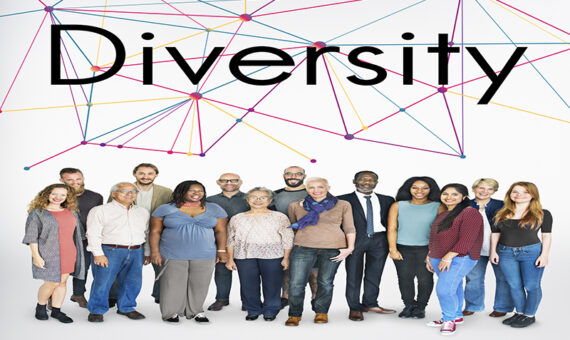In the bustling world of marketing and brand development, the role of visual elements cannot be overstated. Among these elements, icons stand out as miniature masterpieces, playing a crucial role in shaping a brand’s identity. This comprehensive exploration dives into the fascinating universe of symbolism and its profound effect on a brand’s success, tailored to resonate with the target audience’s interests and perceptions.
Icons: The Silent Language of Brands
Subconscious Communication
Icons function as a universal language, effortlessly crossing cultural and linguistic barriers to convey messages to our subconscious minds. Their straightforward yet impactful designs tap into our deepest emotions and memories, fostering feelings of trust, familiarity, and nostalgia. This immediate subconscious connection lays the groundwork for a brand’s lasting impression.
Simplicity and Clarity
The strength of icons lies in their ability to communicate complex ideas with simplicity and clarity. Each line and curve is meticulously chosen to ensure the message is not just understood but unmistakably clear. The absence of unnecessary details facilitates immediate comprehension, making icons indispensable in encapsulating a brand’s essence.
Building Brand Recognition
Instant Recognition
Every brand’s ultimate goal is to achieve instant recognition, and icons are the catalyst for this achievement. Serving as the face of a brand, icons facilitate an immediate connection between the brand and its audience. This relationship forms the bedrock of brand loyalty and success.
Consistency in Design
Maintaining a consistent visual identity in icon design is more than an aesthetic choice; it’s a strategic move. Ensuring an icon’s design remains consistent across various brand assets and platforms strengthens the brand’s identity. This uniformity builds trust and reinforces the brand’s message, further ingraining it in consumers’ minds.
Establishing Emotional Connections
Beyond their aesthetic appeal, icons possess the unique ability to evoke emotions and forge a personal connection with consumers. They have the power to instill joy, nostalgia, trust, or even a sense of adventure. Icons serve as the conduit between a brand and its audience, aiding in establishing an emotional connection that transcends transactions.
The Psychology Behind Symbols
Emotional Impact
Symbols are more than mere shapes; they are conduits of emotion. They profoundly affect human psychology, triggering memories, evoking associations, and sparking feelings. The use of color, shape, and symbolism in icon design can elicit joy, curiosity, or a sense of security, positioning icons as a potent tool in brand communication.
Cultural Significance
The interpretation of icons is not universal but depends on the cultural context. Icons may carry different meanings across various cultures and societies. Understanding the cultural backdrop in which icons operate is essential for a brand’s global success. A symbol that represents good fortune in one culture might signify something entirely different elsewhere, underscoring the importance of cultural sensitivity in branding.
The Versatility of Icons
Beyond Logos
Icons extend far beyond logos, permeating every aspect of branding, from packaging to user interfaces and social media profiles. They are not confined by their size or context; they are the universal thread that binds a brand’s narrative together.
Adapting to the Digital Age
In the digital era, icons have broadened their scope to encompass user interface design, web applications, and mobile apps. Their adaptability to digital platforms ensures brands maintain a cohesive and user-friendly presence online. Icons are not static images; they are interactive elements guiding users, serving as gateways to a brand’s digital ecosystem.
Social Media Icons
On social media platforms, icons are the medium of communication. From the familiar thumbs-up symbol on Facebook to the heart-shaped like button on Instagram, icons play a crucial role in shaping a brand’s online presence. These tiny symbols are not just likes or shares; they are social endorsements reflecting a brand’s popularity and relevance














Recent Comments